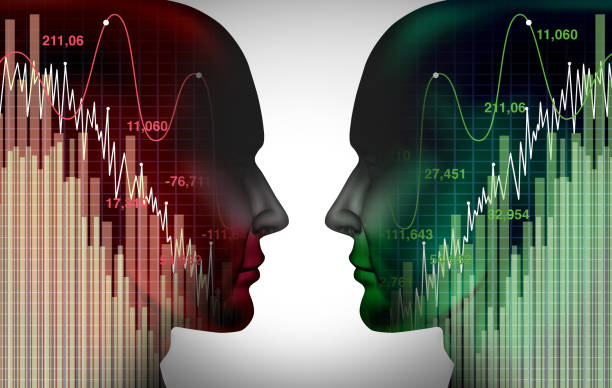
How do politics affect the stock market?
The stock market is a complex and ever-changing beast, and there are a number of factors that can affect its performance. One of the most significant of these is politics. Political stability (or lack thereof) can have a major impact on the stock market, as investors react to news and events that could affect the economy. In times of uncertainty, the stock market often becomes volatile, as investors sell off stocks in order to minimize their losses. This can lead to a downward spiral in the market, as prices drop, and investors become even more nervous.
Of course, politics is just one factor that can affect the stock market. Other important factors include the state of the economy, interest rates, and company performance. However, political events can often be the catalyst for market movements, so it's important to be aware of how politics can affect the stock market.
In general, investors tend to favor political stability over instability. When there is news of a potential conflict or other event that could disrupt the status quo, the stock market often reacts negatively. This is because investors are worried about how such an event could affect the economy and their investments. For example, when tensions rise between two countries, investors may sell off stocks in order to avoid potential losses if the situation deteriorates. Similarly, when there is news of a potential government shutdown, investors may again sell off stocks out of concern for the economy. In both of these cases, it is the potential for economic instability that spooks investors and causes them to sell. However, it's important to remember that not all political events will have a negative effect on the stock market. For example, the election of a new president or the passing of major legislation can often lead to a surge in the stock market, as investors are optimistic about the future of the economy. In short, it is important to pay attention to the political environment when making investment decisions, as it can have a major impact on the stock market.

The market hates uncertainty.
The stock market is all about confidence. When investors feel confident, they're more likely to put their money into stocks. But when they're worried or uncertain, they tend to pull back. That's why political uncertainty can have a big effect on the market. If investors are worried about what might happen in an upcoming election, for example, they may be less likely to buy stocks. And if there's a lot of fighting and gridlock in Washington, that can also make investors nervous. So, when there's political uncertainty, it can lead to a drop in the stock market.

The market loves predictability.
The stock market is all about predicting the future. And when it comes to politics, the market loves predictability. That's why, in general, the market does better when there's a clear winner in an election (and a party in power that is likely to stay there for a while). That predictability allows businesses to plan for the future, and investors to feel confident about where the market is headed. Of course, there are always exceptions to this rule. For example, the market may not like a particular politician's policies, or there may be uncertainty about how those policies will be implemented. But in general, the market prefers stability and predictability when it comes to politics.
The market is forward-looking.
The stock market is forward-looking, meaning that it prices in expected future events. This is why political events can have an immediate and lasting effect on the stock market. For example, if a country elects a new leader who is perceived to be business-friendly, the stock market may immediately rise in value. On the other hand, if there is political turmoil or uncertainty, the stock market may fall. Political events can also affect the stock market indirectly. For example, if a country's currency weakens, it may make that country's exports more expensive and less competitive. This can lead to a decline in the stock prices of companies that export to that country.

The market is global.
American politics may seem like they're the only game in town, but the stock market is a global phenomenon. While it's true that domestic politics can have an effect on the stock market, it's important to remember that the market is much bigger than any one country. Political instability in Europe, for example, can lead to a sell-off in American stocks. Conversely, good news from China can give the market a boost. So, while it's important to pay attention to politics, don't forget that the market is a global entity.

Leave a comment: